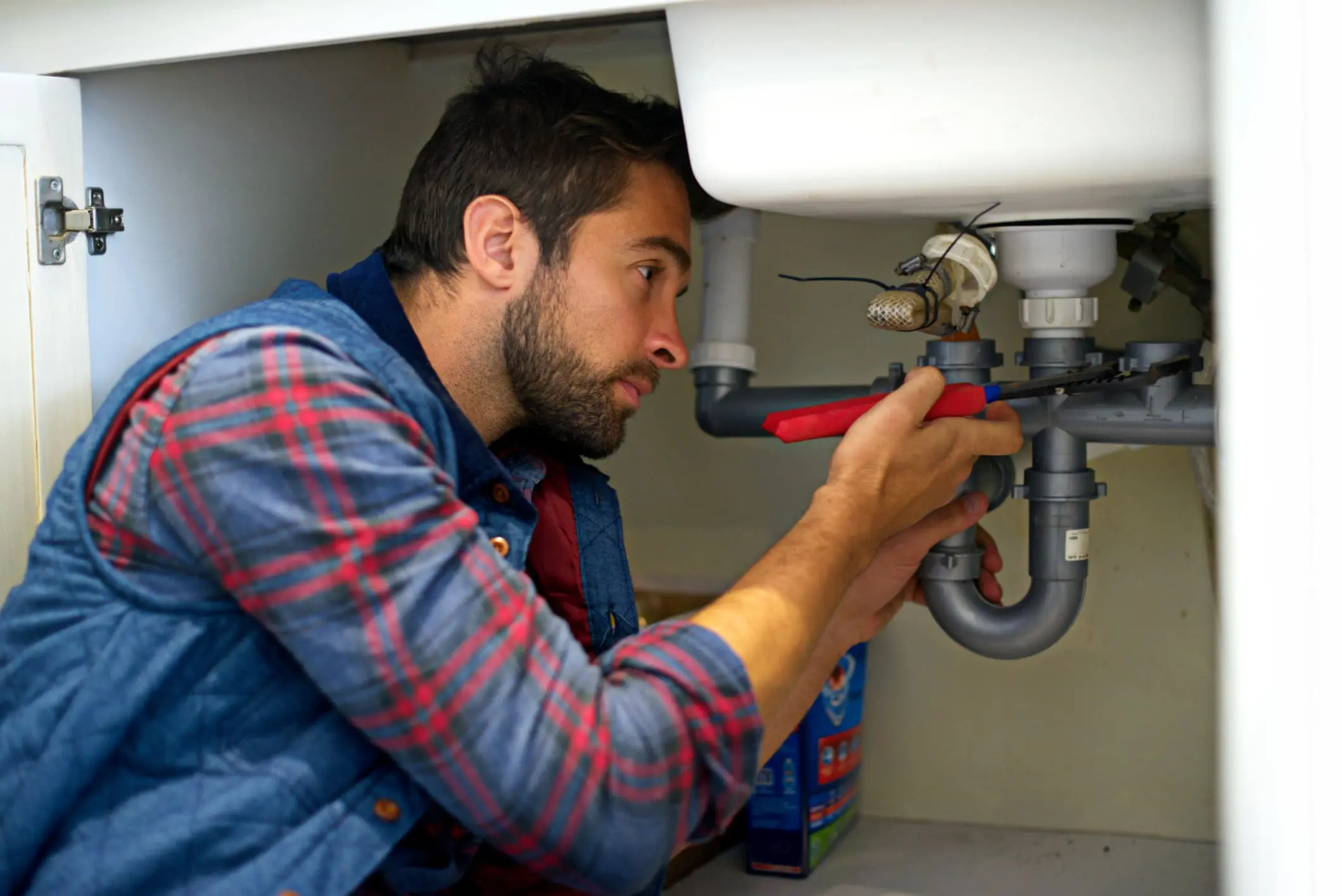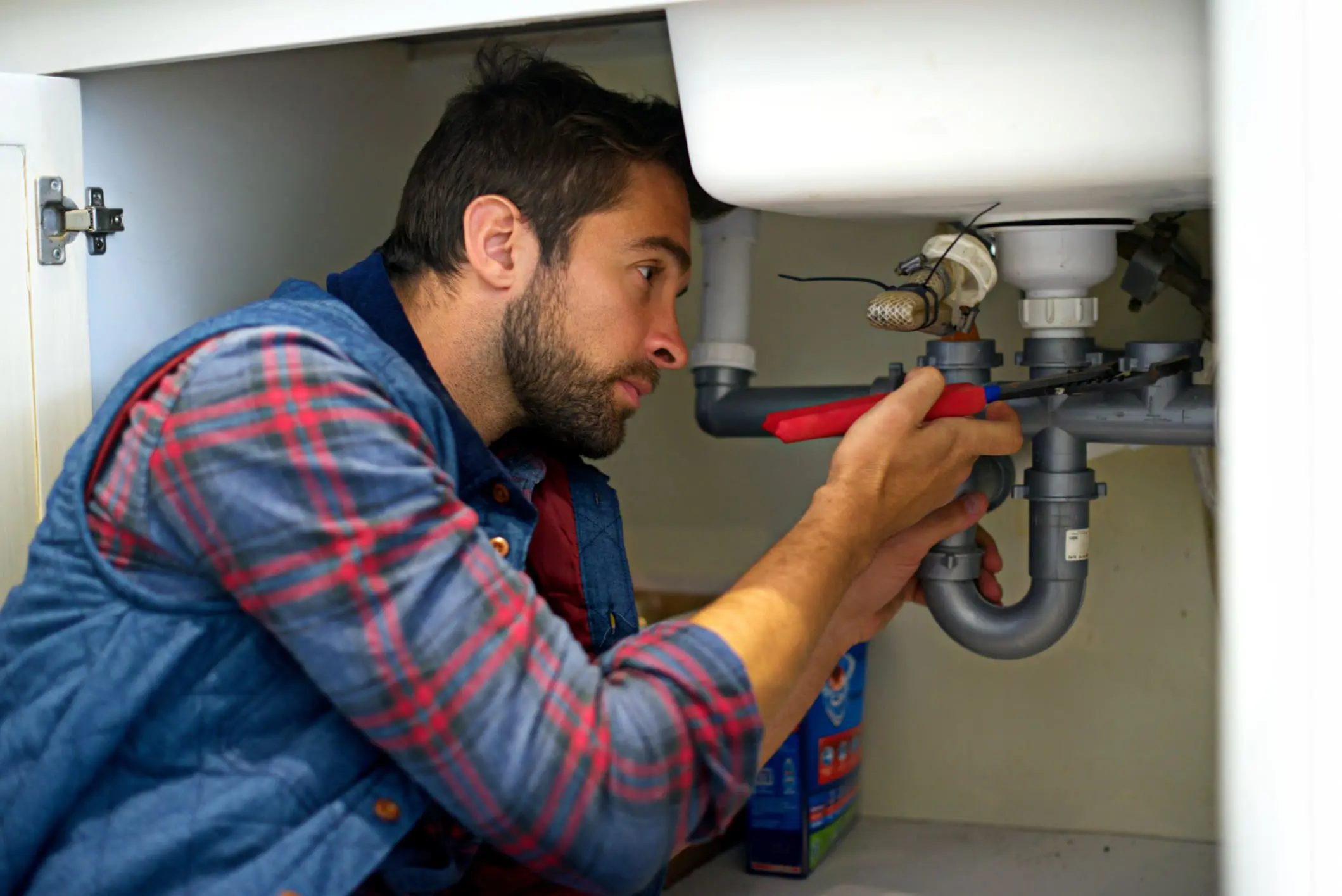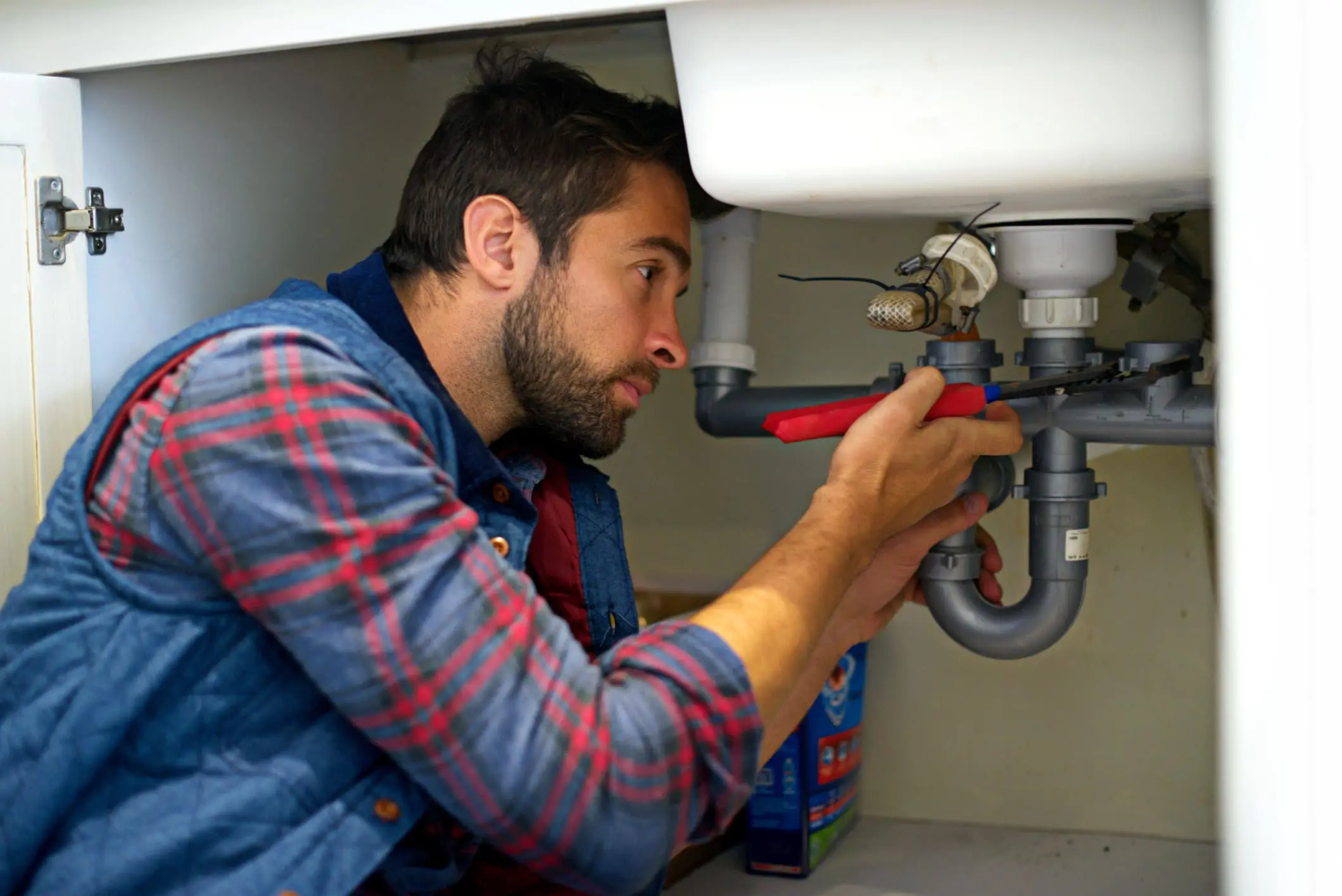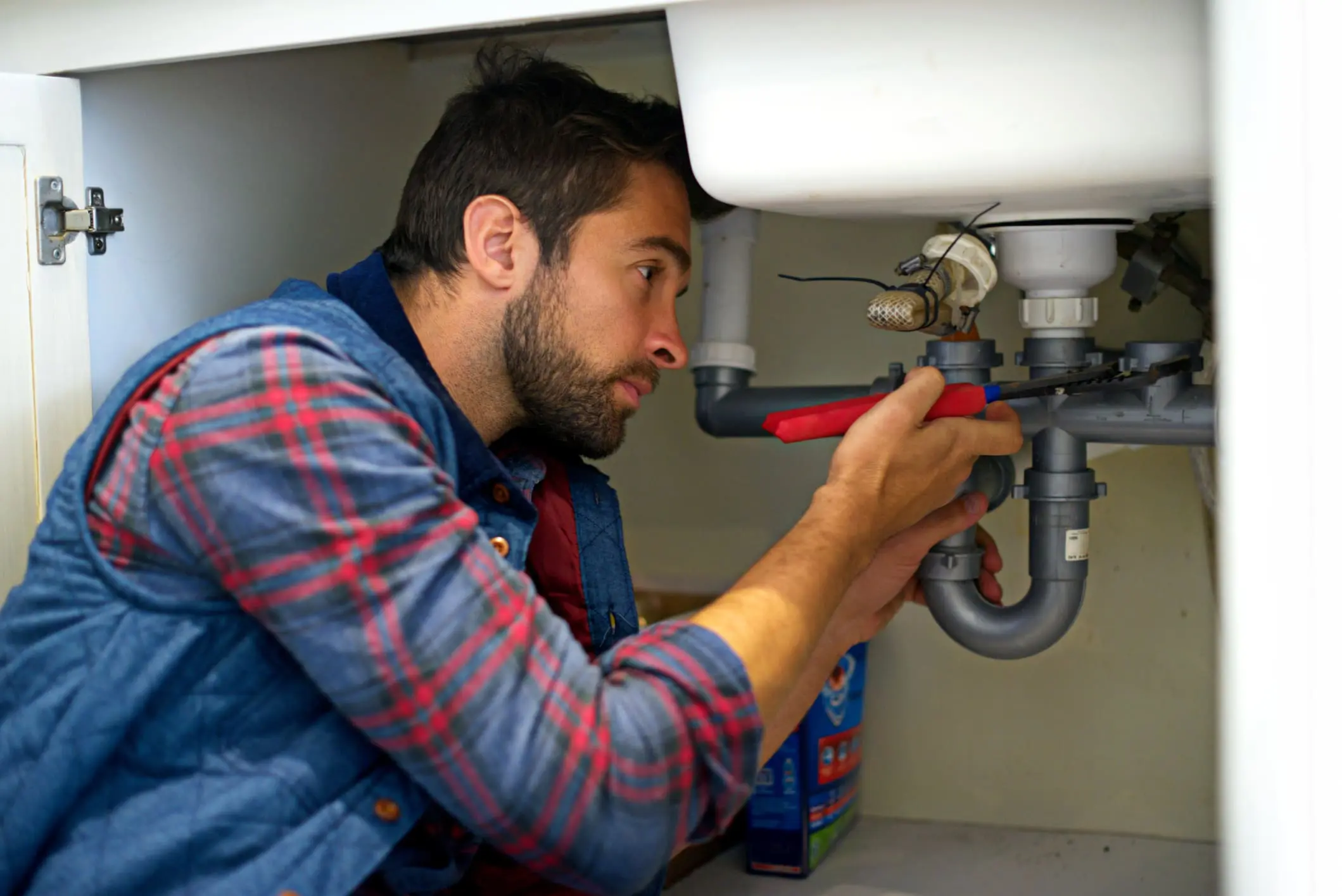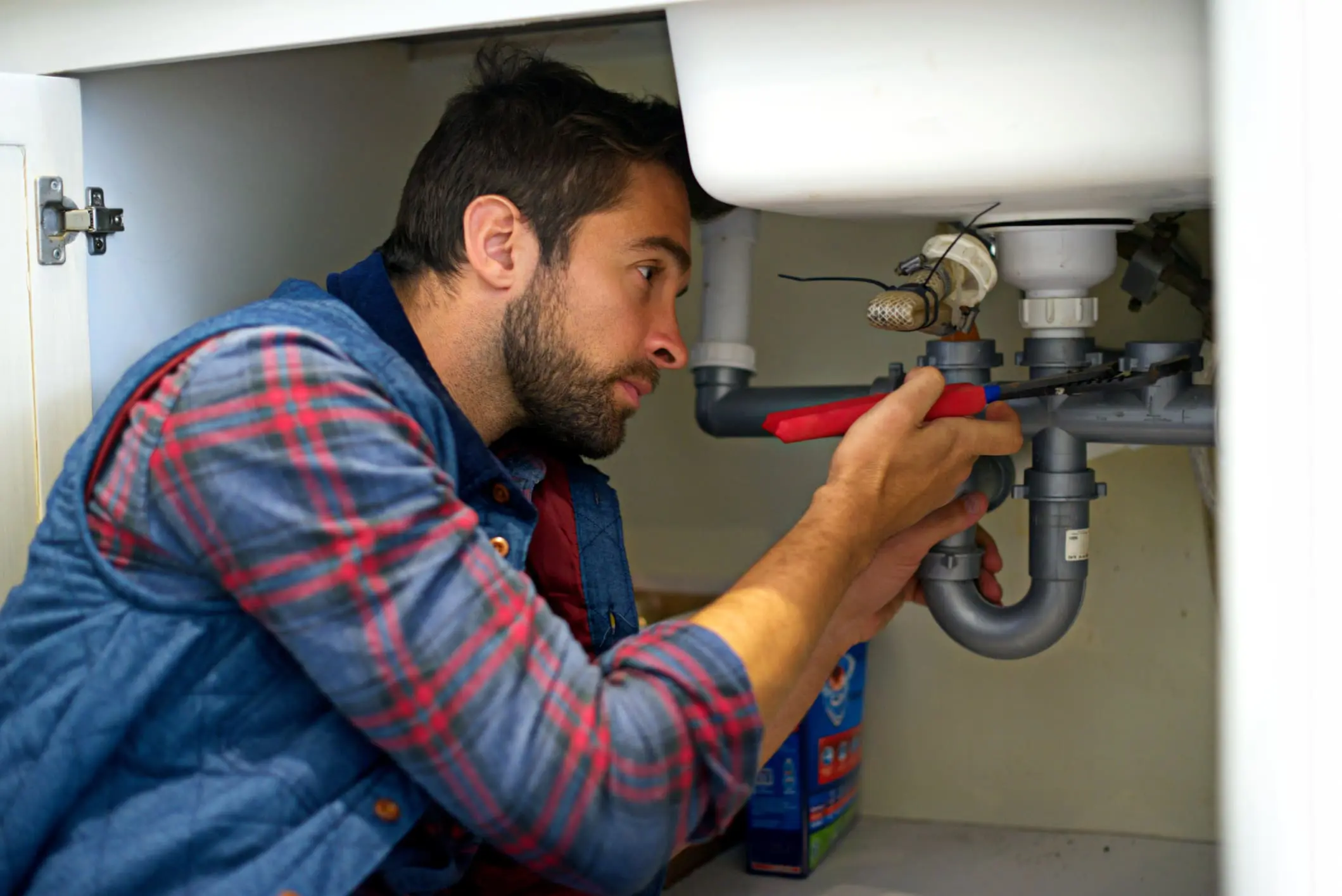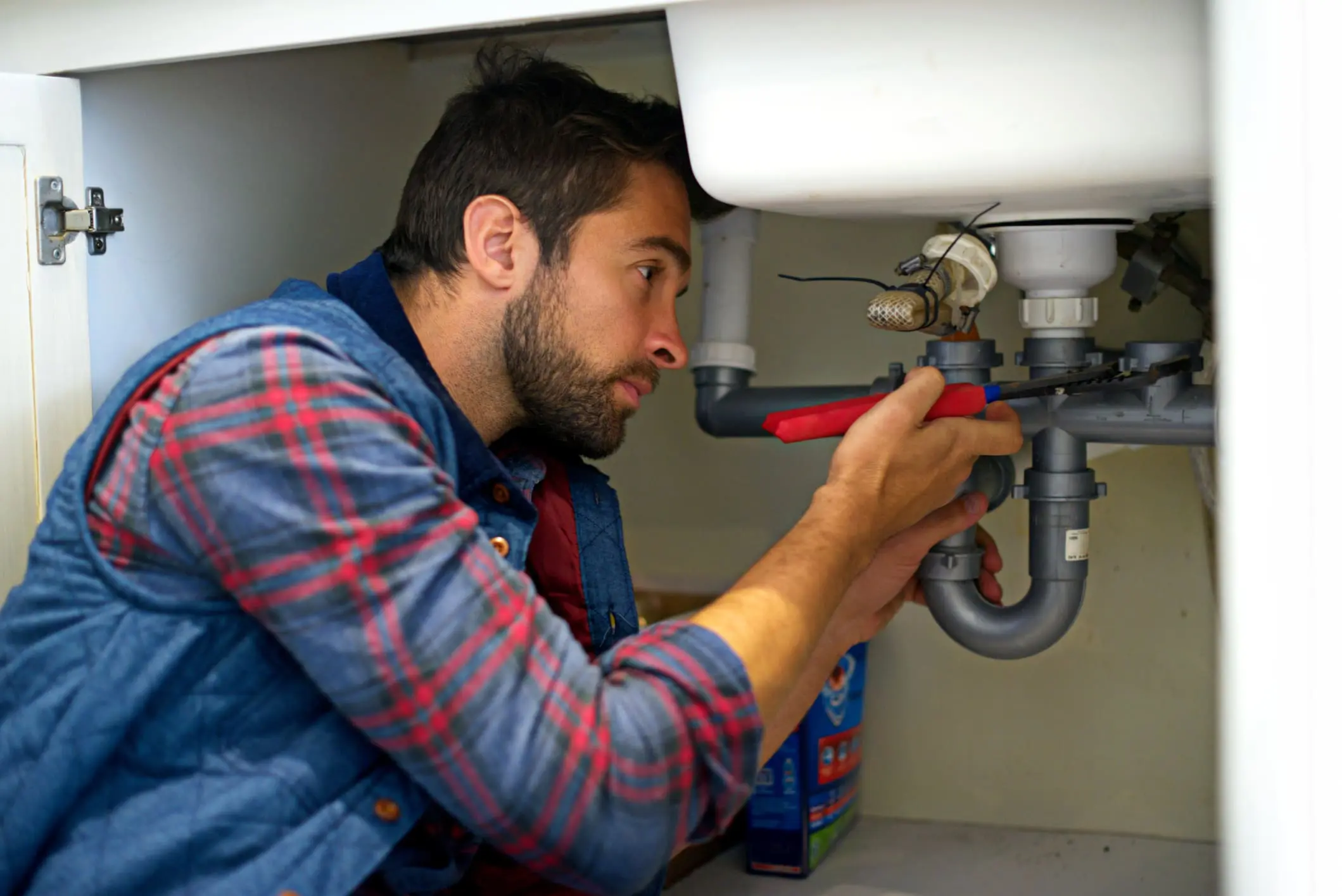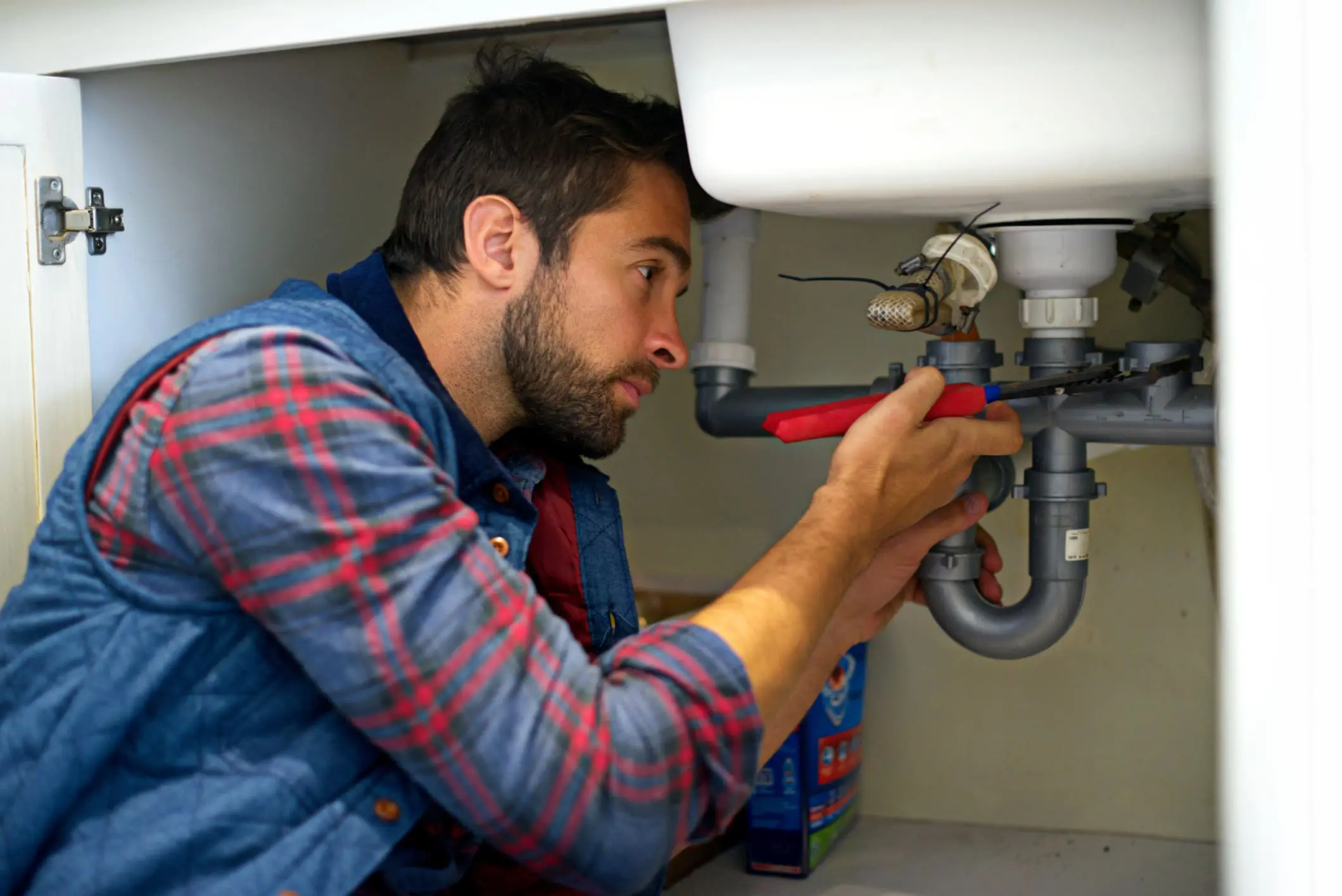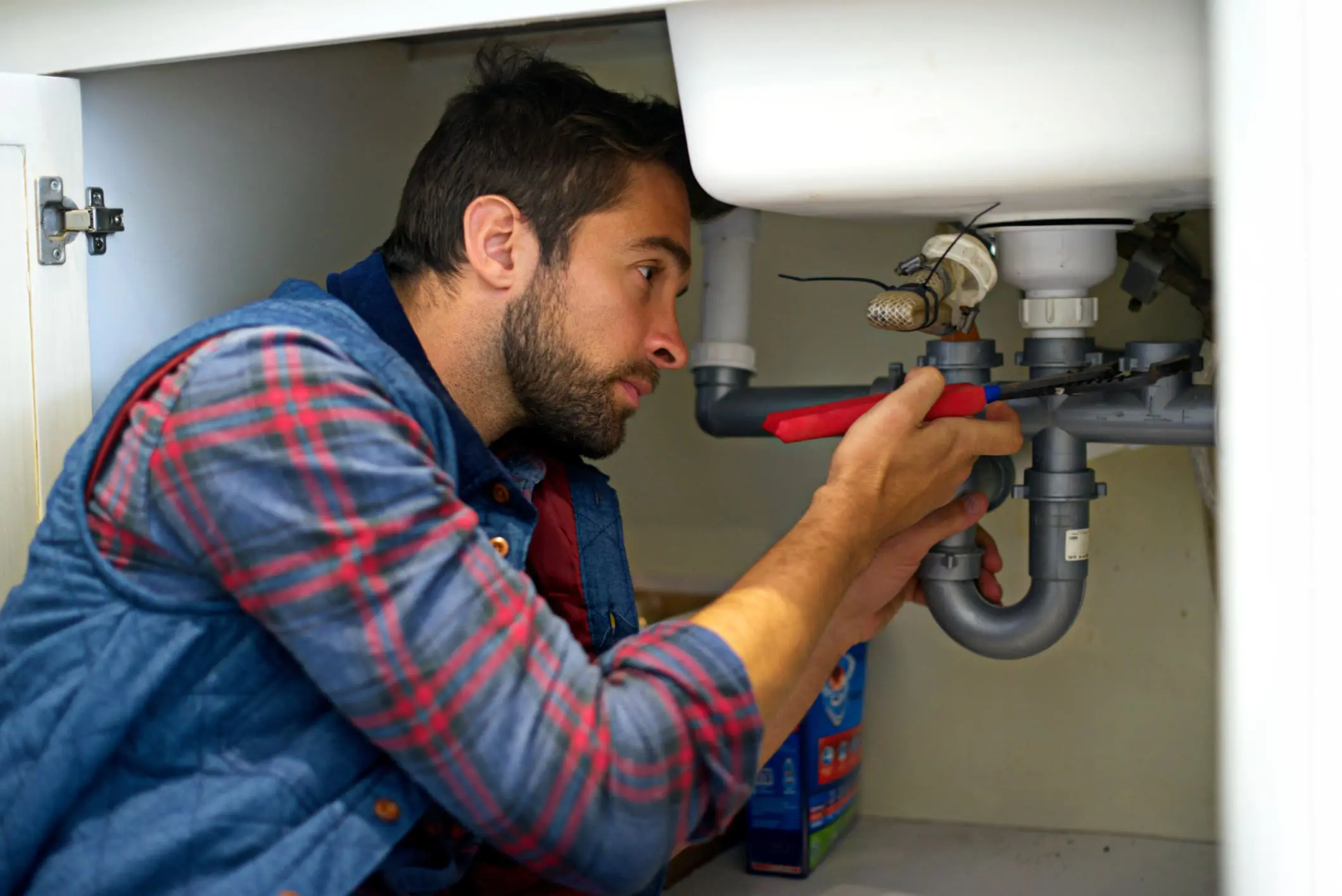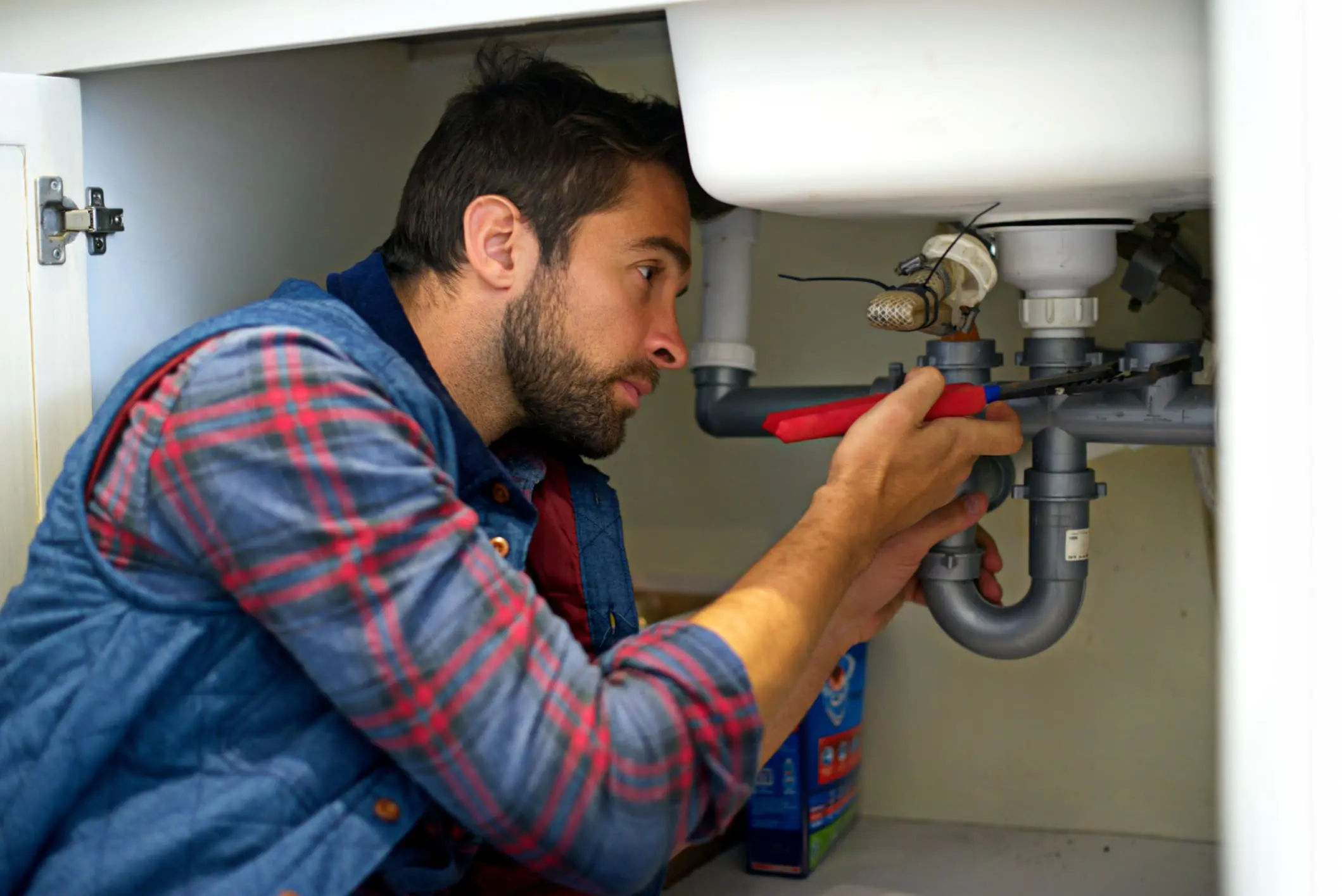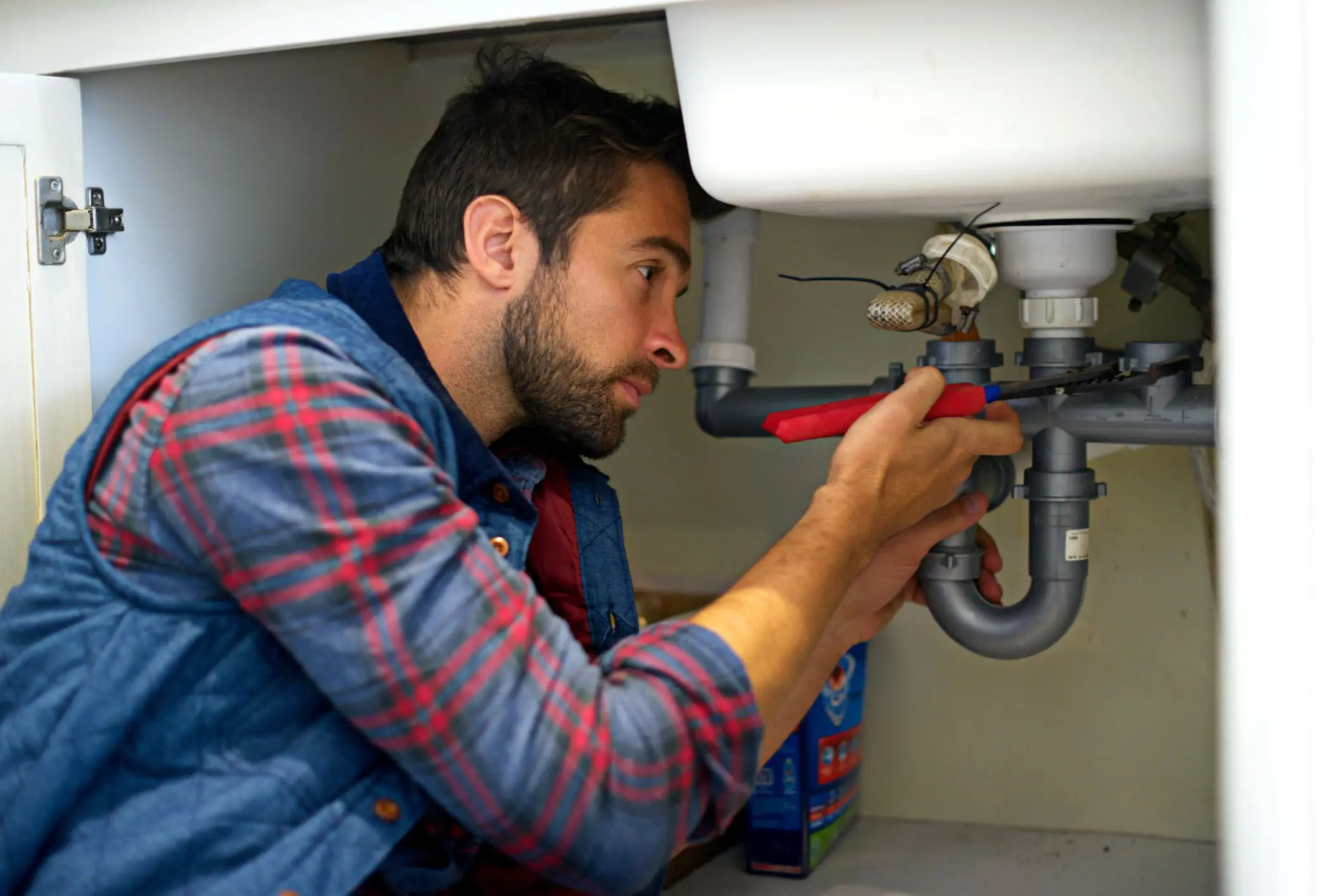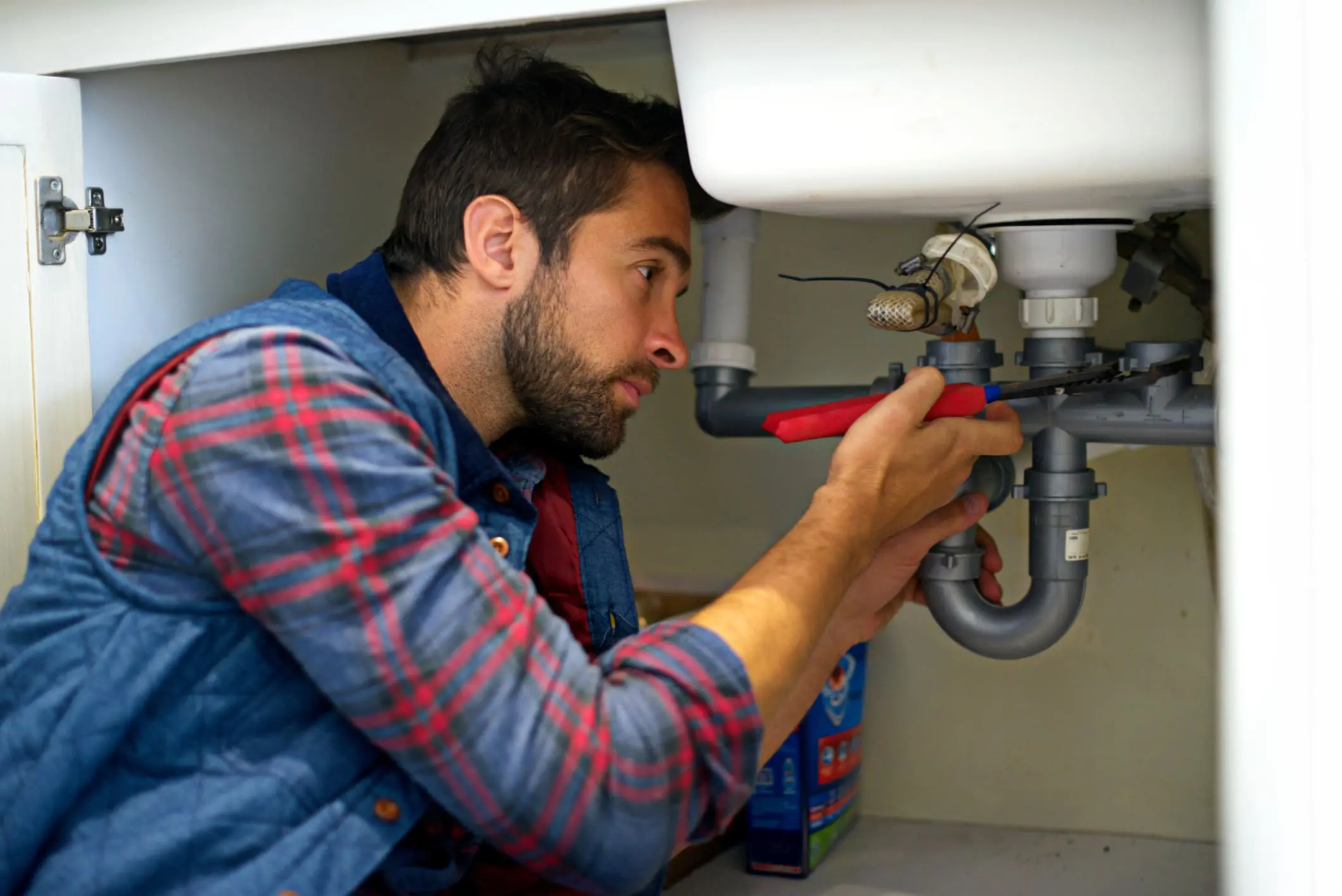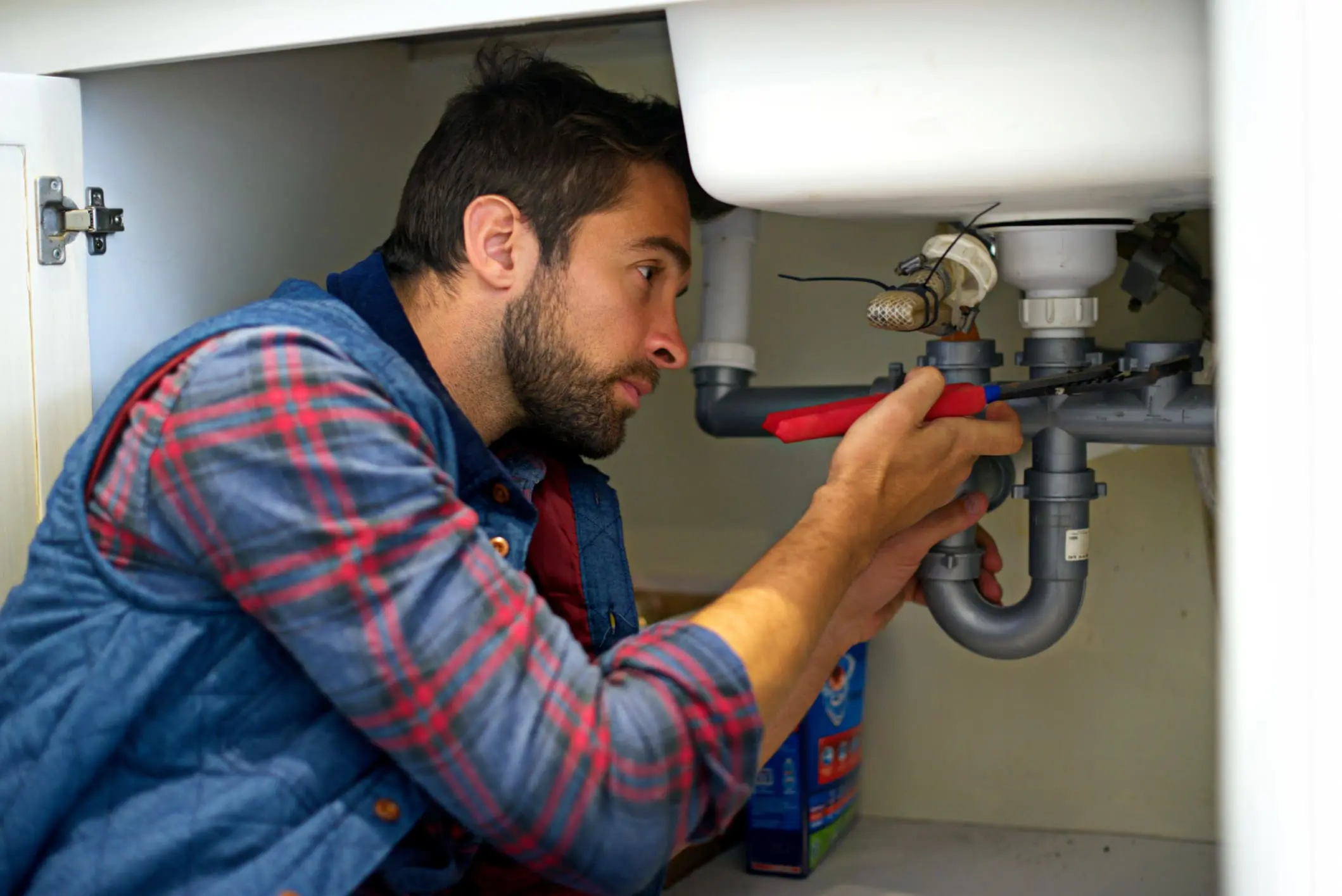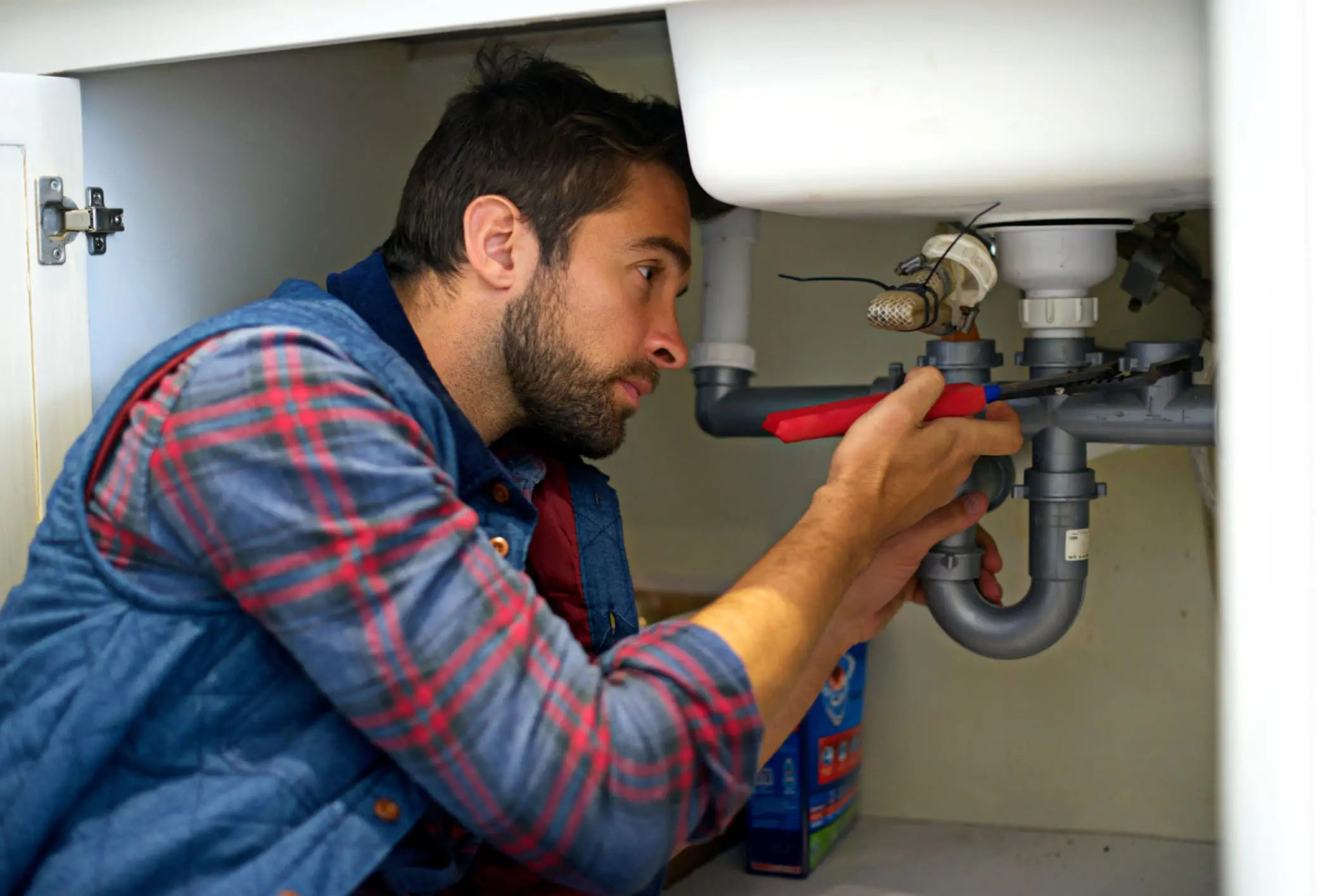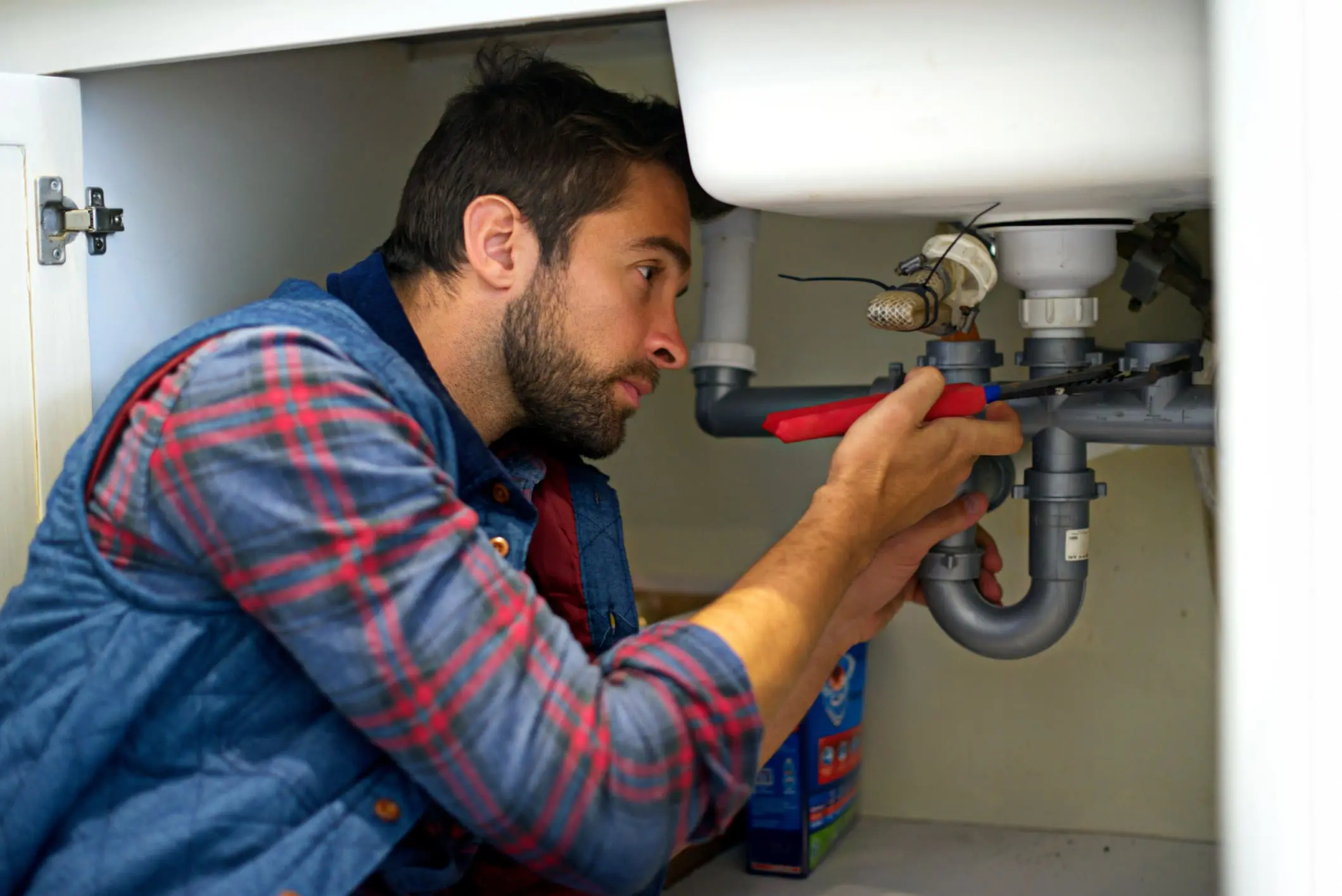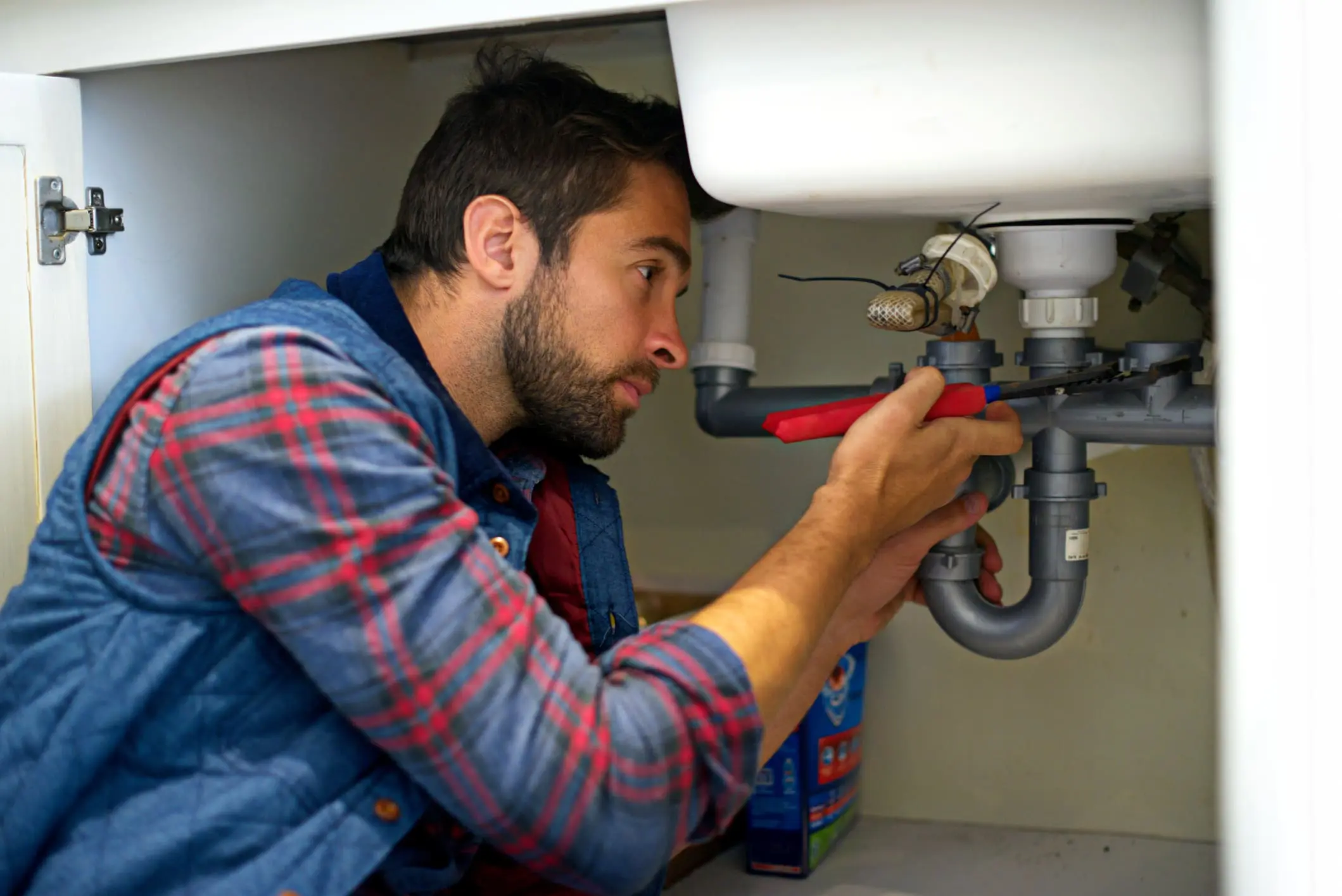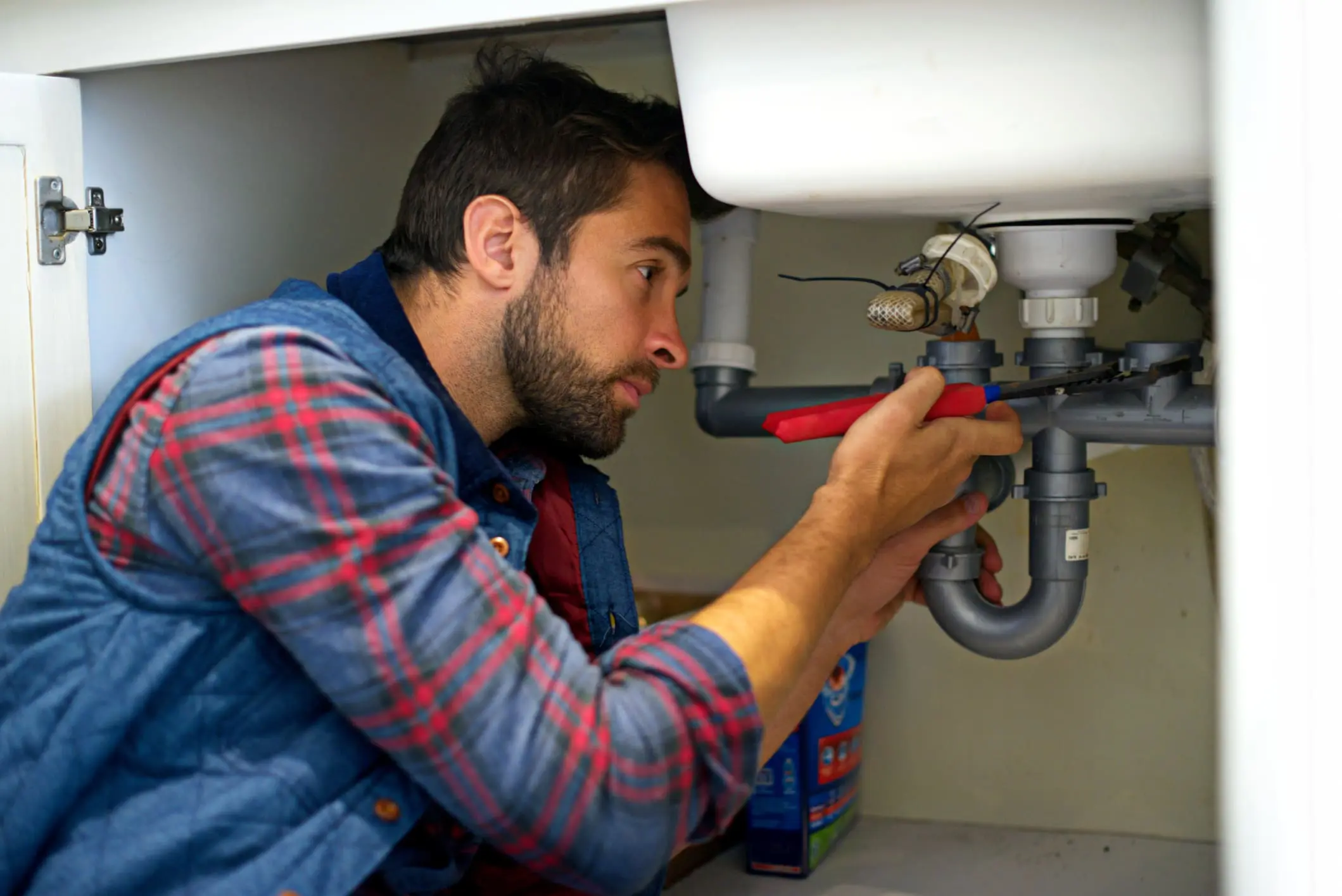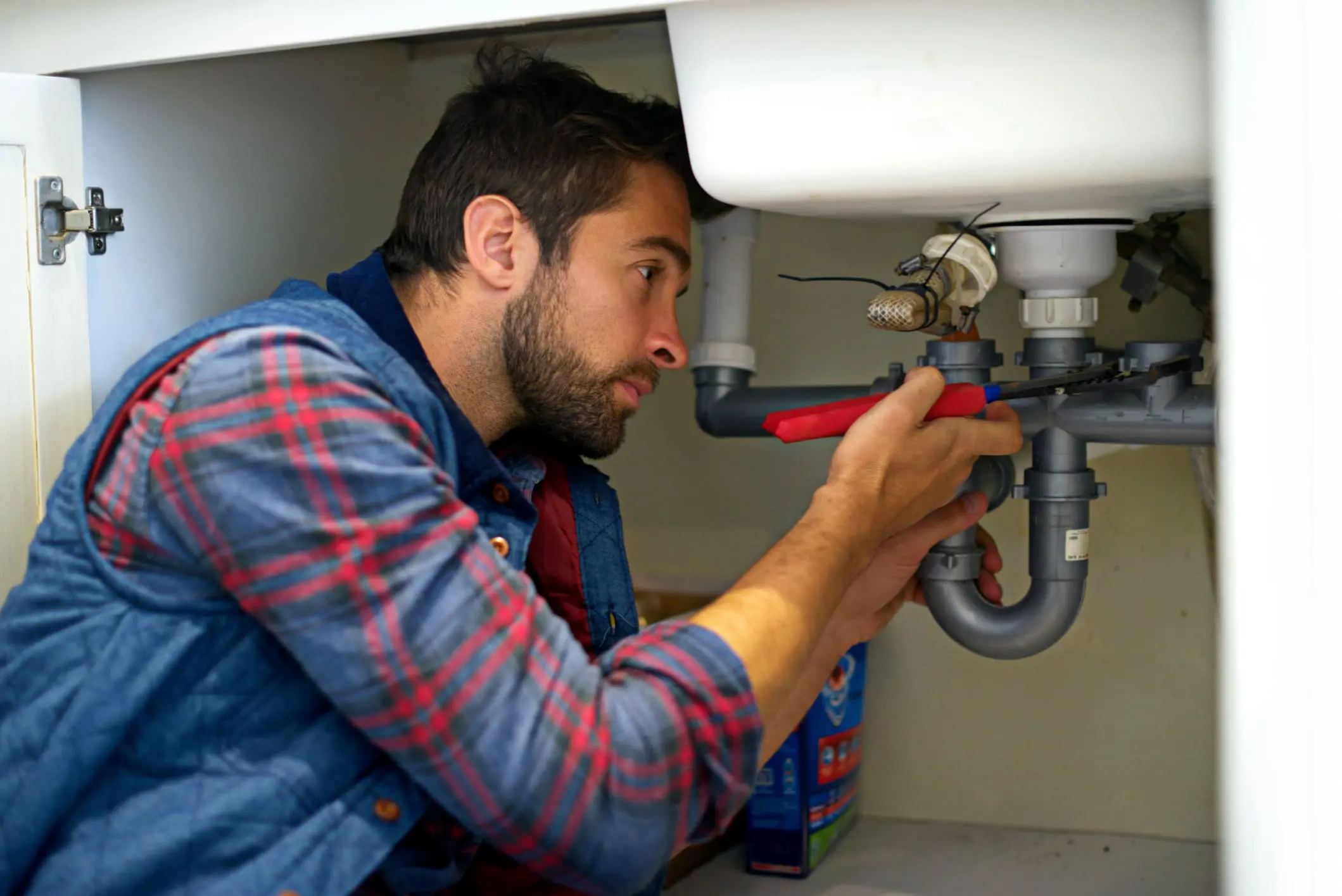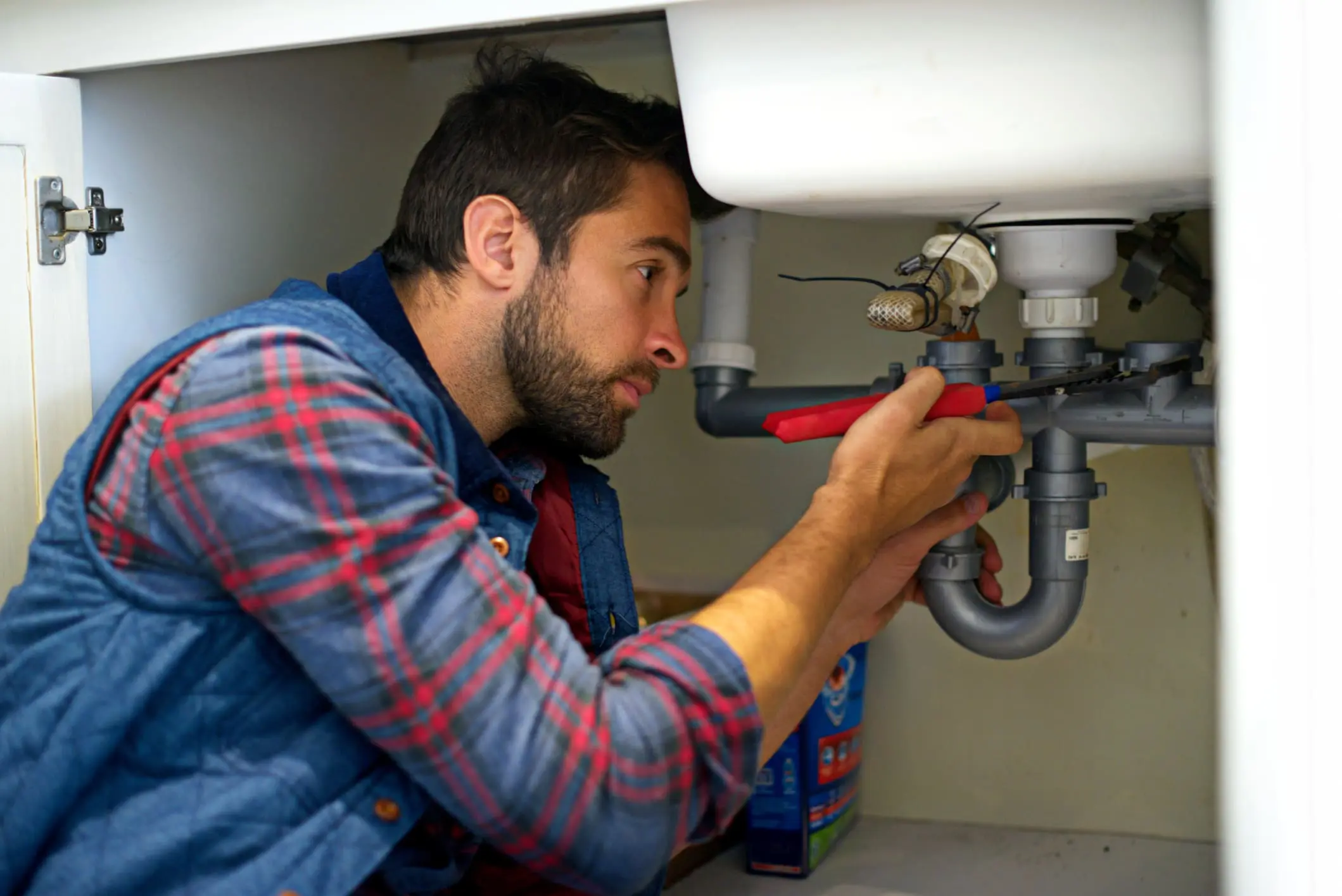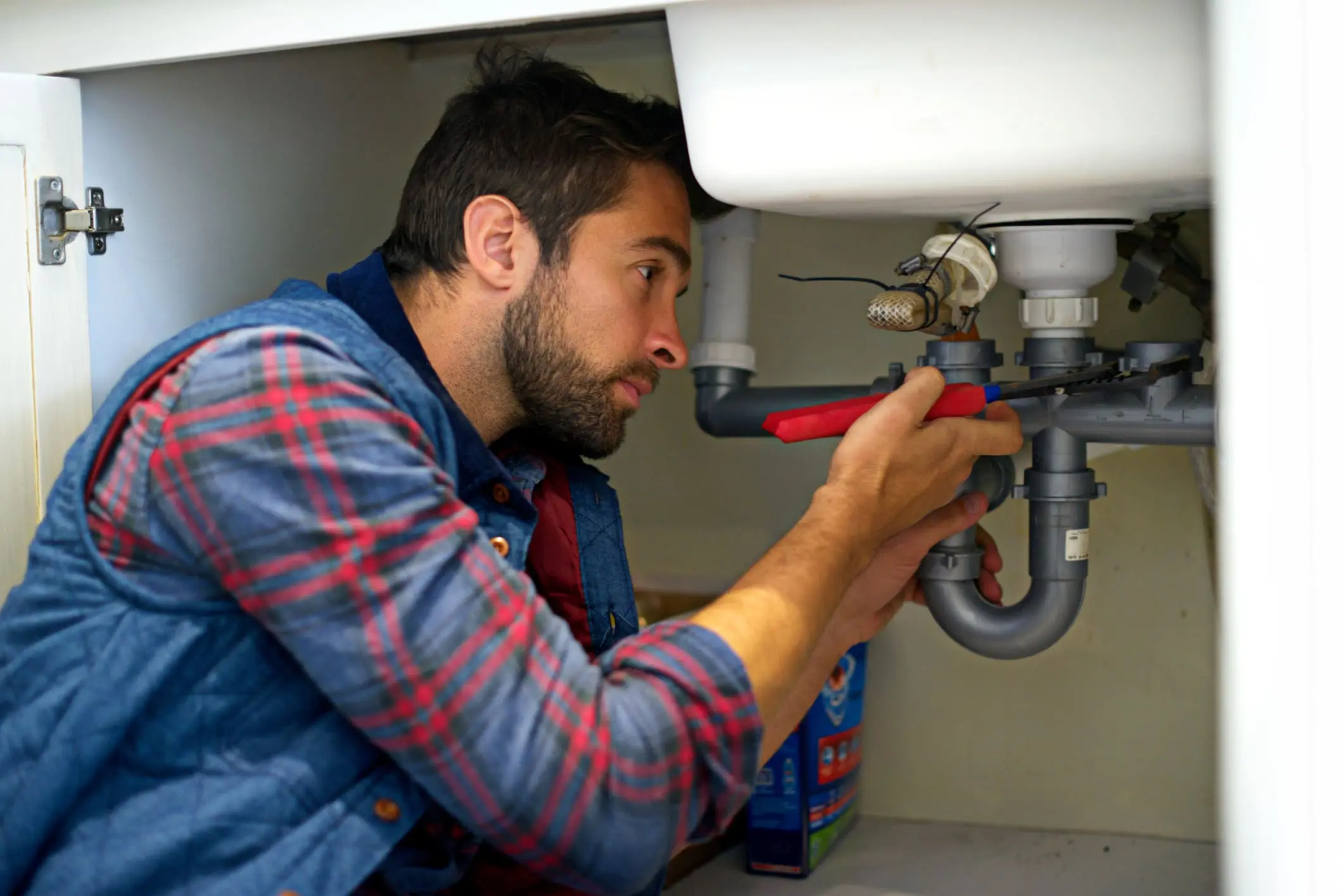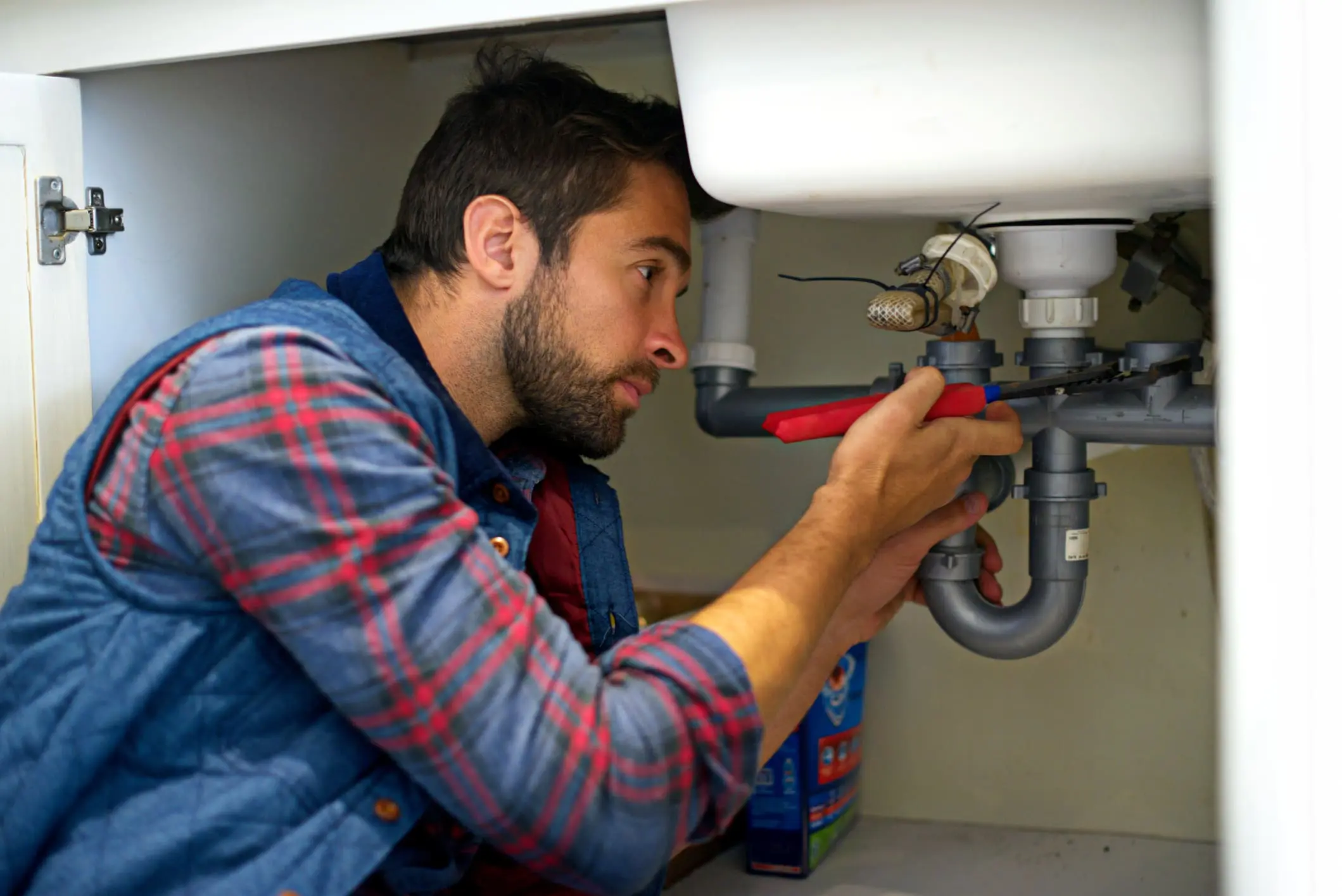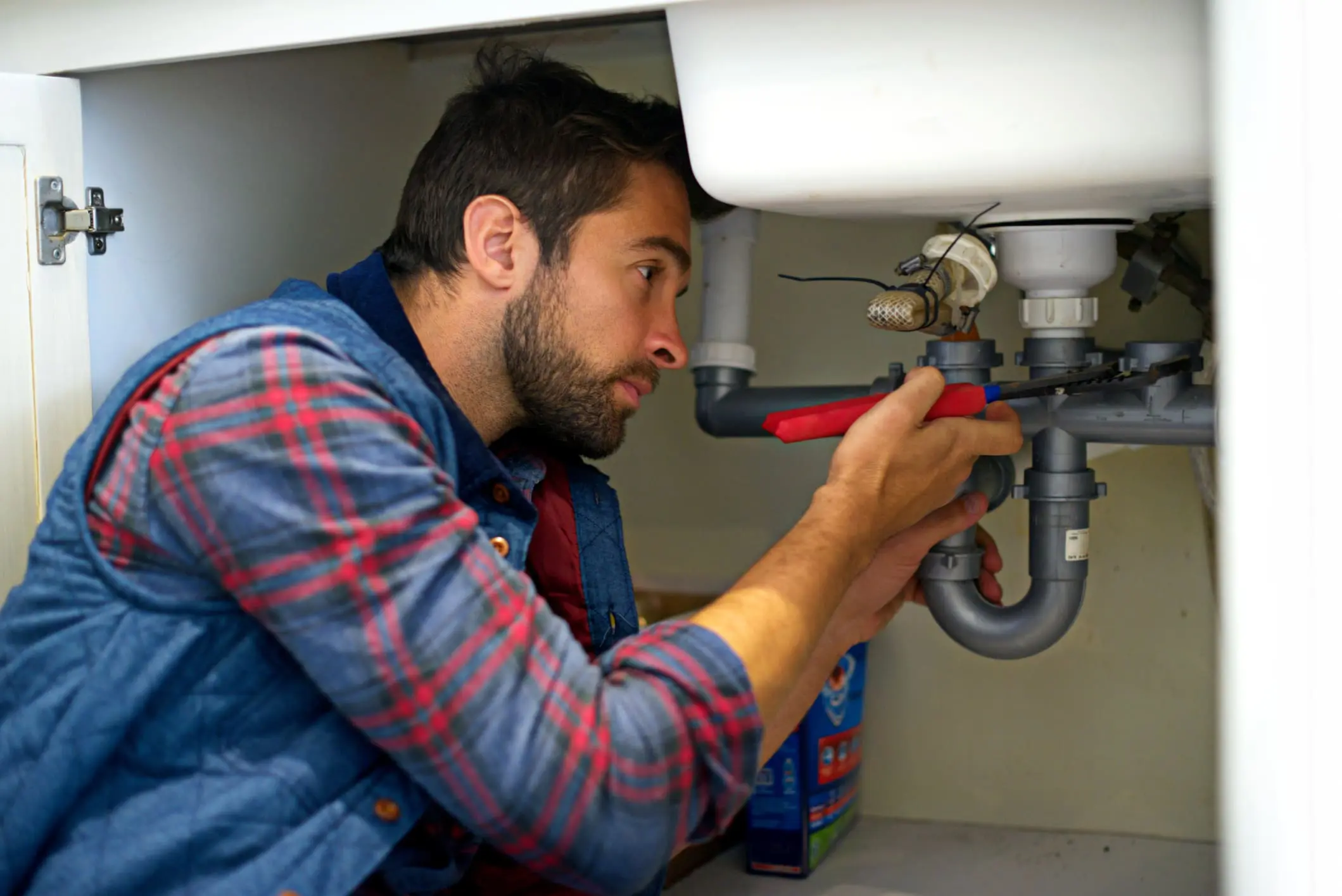Running a commercial plumbing business involves significant risks that can threaten your livelihood and financial security. From water damage claims to workplace injuries, professional plumbers face unique challenges that require specialized insurance protection. This comprehensive guide explores everything you need to know about commercial plumber insurance and why it's crucial for your business success.
What is Commercial Plumber Insurance?
Commercial plumber insurance is a specialized insurance package designed specifically for professional plumbing contractors and businesses. Unlike general business insurance, it addresses the unique risks associated with plumbing work, including water damage, professional liability, and the specialized tools and equipment that plumbers rely on daily.
This type of insurance typically combines multiple coverage types into a comprehensive policy that protects against the most common risks faced by plumbing professionals, from small independent contractors to large commercial plumbing companies.
Why Commercial Plumbers Need Specialized Insurance
Unique Risk Profile
Commercial plumbers face risks that other trades simply don't encounter. Working with water systems, sewage, and complex piping networks creates potential for significant property damage. A single mistake during a pipe installation or repair could result in thousands of pounds in water damage claims.
Legal Requirements
Many commercial contracts and local authorities require plumbers to carry specific levels of insurance coverage before they can begin work. Without proper insurance, you may be excluded from lucrative commercial projects and municipal contracts.
Financial Protection
The cost of defending against a single claim can be devastating for a small plumbing business. Even if you're not at fault, legal defense costs can quickly mount into tens of thousands of pounds.
Core Coverage Types for Commercial Plumbers
Public Liability Insurance
This is arguably the most critical coverage for any commercial plumber. Public liability insurance protects you when your work causes injury to third parties or damage to their property.
Common scenarios covered include:
- Water damage from burst pipes during installation
- Slip and fall accidents caused by wet floors
- Damage to customer property while accessing pipes
- Injury to bystanders from plumbing equipment
Coverage typically ranges from £1 million to £6 million, with £2 million being the standard requirement for most commercial contracts.
Professional Indemnity Insurance
Professional indemnity covers claims arising from professional advice, design errors, or mistakes in your plumbing work that result in financial loss for your clients.
Examples include:
- Incorrect pipe sizing leading to system failures
- Poor workmanship causing ongoing leaks
- Design flaws in plumbing systems
- Failure to comply with building regulations
This coverage is essential when providing consultancy services or designing plumbing systems for commercial properties.
Employers' Liability Insurance
If you employ staff, employers' liability insurance is legally required in the UK. This coverage protects you if employees are injured or become ill due to their work.
Common claims include:
- Back injuries from lifting heavy pipes
- Cuts and injuries from tools
- Exposure to hazardous materials
- Accidents while working in confined spaces
The minimum legal requirement is £5 million, though many insurers provide £10 million as standard.
Tools and Equipment Insurance
Plumbers rely on expensive specialized tools and equipment. This coverage protects against theft, damage, or loss of your essential business equipment.
Typically covers:
- Pipe threading machines
- Drain cleaning equipment
- Power tools and hand tools
- Testing equipment
- Van contents and mobile equipment
Commercial Vehicle Insurance
Most plumbers require specialized commercial vehicle insurance that covers not just the vehicle but also the tools and materials carried within it.
Key features include:
- Goods in transit coverage
- Tool theft protection
- Breakdown assistance
- Business use classification
Industry-Specific Risks and Considerations
Water Damage Claims
Water damage represents the highest risk for commercial plumbers. Even minor leaks can cause extensive damage to commercial properties, particularly in multi-story buildings where water can affect multiple floors.
Health and Safety Regulations
Commercial plumbing work often involves confined spaces, hazardous materials, and complex safety requirements. Insurance should cover regulatory compliance issues and health and safety breaches.
Subcontractor Relationships
Many commercial plumbing projects involve multiple subcontractors. Your insurance should provide adequate coverage for work performed by subcontractors under your supervision.
Emergency Callouts
24/7 emergency services are common in commercial plumbing. Ensure your insurance covers work performed outside normal hours and in emergency situations.
Factors Affecting Commercial Plumber Insurance Premiums
Business Size and Turnover
Larger businesses with higher turnovers typically face higher premiums due to increased exposure to risk.
Type of Work
Specialized work such as gas fitting, industrial plumbing, or work in hazardous environments will increase premiums.
Claims History
A clean claims history will help keep premiums low, while previous claims can significantly increase costs.
Coverage Limits
Higher coverage limits provide better protection but come with increased premiums.
Geographic Location
Urban areas with higher property values typically result in higher insurance costs.
Choosing the Right Insurance Provider
Industry Expertise
Look for insurers who specialize in trades insurance and understand the unique risks faced by commercial plumbers.
Coverage Flexibility
Your insurance should be tailored to your specific business needs rather than a one-size-fits-all approach.
Claims Handling
Research the insurer's reputation for handling claims fairly and efficiently.
Financial Stability
Choose insurers with strong financial ratings to ensure they can pay claims when needed.
Cost Considerations and Budgeting
Typical Premium Ranges
Commercial plumber insurance typically costs between £300 and £1,500 annually for small to medium-sized businesses, depending on coverage levels and risk factors.
Payment Options
Many insurers offer monthly payment plans to help manage cash flow, though annual payments often provide discounts.
Cost-Saving Strategies
- Maintain a clean claims history
- Implement robust health and safety procedures
- Consider higher deductibles for lower premiums
- Bundle multiple coverage types with one insurer
Common Exclusions and Limitations
Gradual Damage
Many policies exclude damage that occurs gradually over time, such as slow leaks that aren't immediately apparent.
Faulty Workmanship
While the consequences of faulty work may be covered, the cost of redoing the work itself is typically excluded.
Pollution and Contamination
Specialized coverage may be needed for environmental contamination claims.
Cyber Risks
Traditional policies may not cover cyber-related risks, which are becoming increasingly important for businesses handling customer data.
Making a Claim: What to Expect
Immediate Steps
- Notify your insurer immediately
- Document the incident thoroughly
- Preserve evidence where possible
- Cooperate fully with the investigation
Claims Process
Most insurers will assign a claims handler who will guide you through the process and coordinate with loss adjusters and legal representatives as needed.
Settlement Timeframes
Simple claims may be settled within weeks, while complex cases involving litigation can take months or years to resolve.
Regulatory Compliance and Professional Standards
Building Regulations
Ensure your insurance covers work that must comply with current building regulations and standards.
Gas Safe Registration
If you work with gas systems, your insurance should recognize your Gas Safe registration and cover related risks.
Water Regulations
Compliance with water supply regulations is essential, and your insurance should cover regulatory breaches.
Future-Proofing Your Coverage
Emerging Risks
Consider how new technologies, regulations, and working practices might affect your risk profile.
Business Growth
Ensure your coverage can adapt as your business grows and takes on larger or more complex projects.
Regular Reviews
Annual insurance reviews help ensure your coverage remains adequate and cost-effective.
Frequently Asked Questions
Is commercial plumber insurance legally required?
While public liability isn't legally required, employers' liability is mandatory if you have employees. Many contracts also require specific insurance levels.
What's the difference between trade insurance and commercial plumber insurance?
Commercial plumber insurance is specifically tailored to plumbing risks, while general trade insurance may not adequately cover water damage and other plumbing-specific risks.
Can I work without insurance?
While legally possible for sole traders, it's extremely risky and will exclude you from most commercial contracts.
How much coverage do I need?
This depends on your business size and the types of projects you undertake. Most commercial contracts require minimum £2 million public liability coverage.
Does my insurance cover work performed by subcontractors?
This varies by policy. Some provide automatic coverage for subcontractors, while others require them to have their own insurance.
Conclusion
Commercial plumber insurance is not just a business expense – it's a critical investment in your company's future. The specialized nature of plumbing work creates unique risks that require tailored coverage. From water damage claims to professional liability issues, the right insurance policy protects your business, your employees, and your customers.
When selecting coverage, work with insurers who understand the plumbing industry and can provide comprehensive protection tailored to your specific needs. Regular policy reviews ensure your coverage evolves with your business and continues to provide adequate protection against emerging risks.
Don't let inadequate insurance coverage put your plumbing business at risk. Invest in comprehensive commercial plumber insurance and focus on what you do best – providing quality plumbing services to your commercial clients.


 0330 127 2333
0330 127 2333
